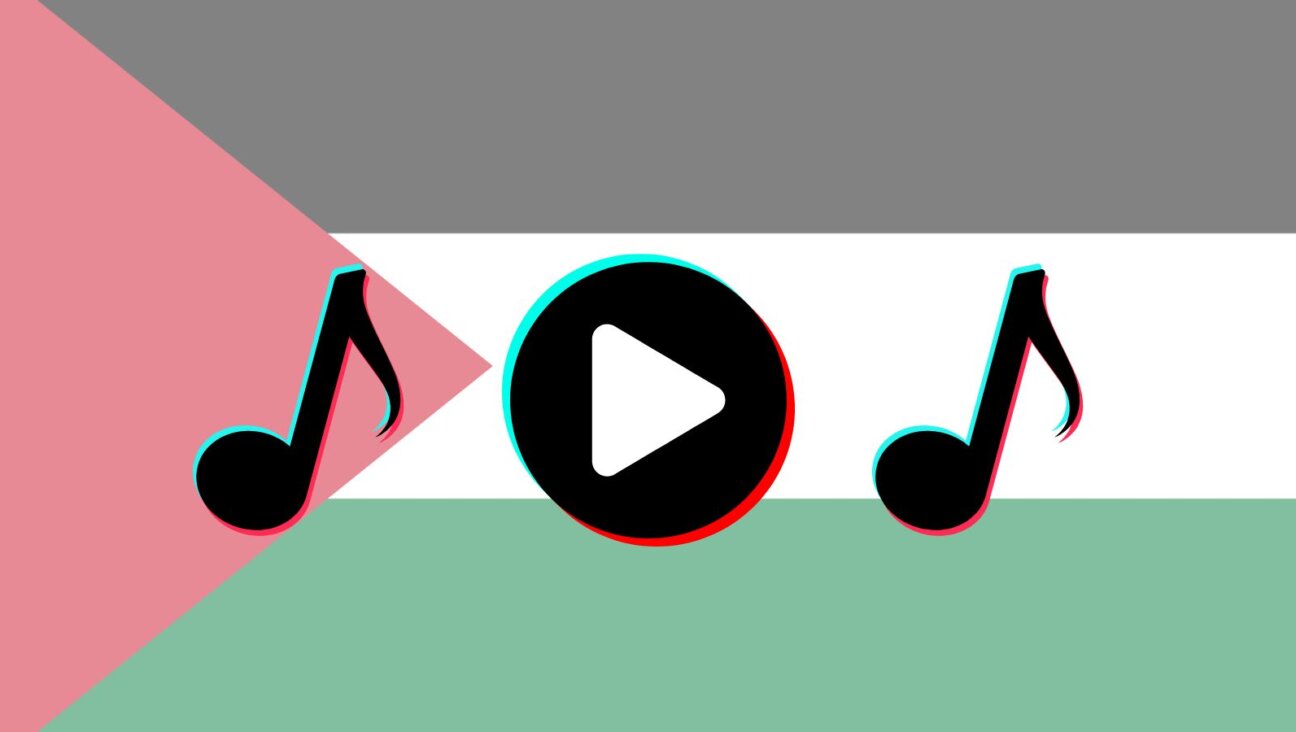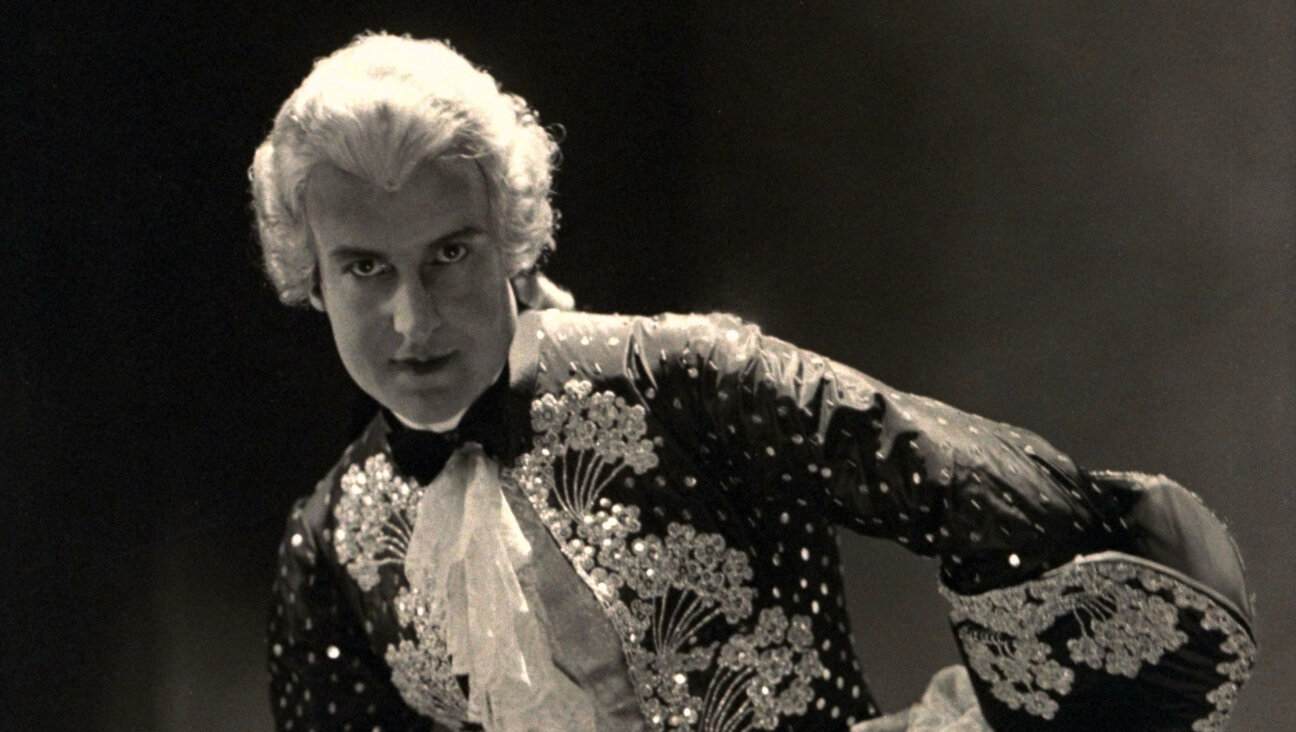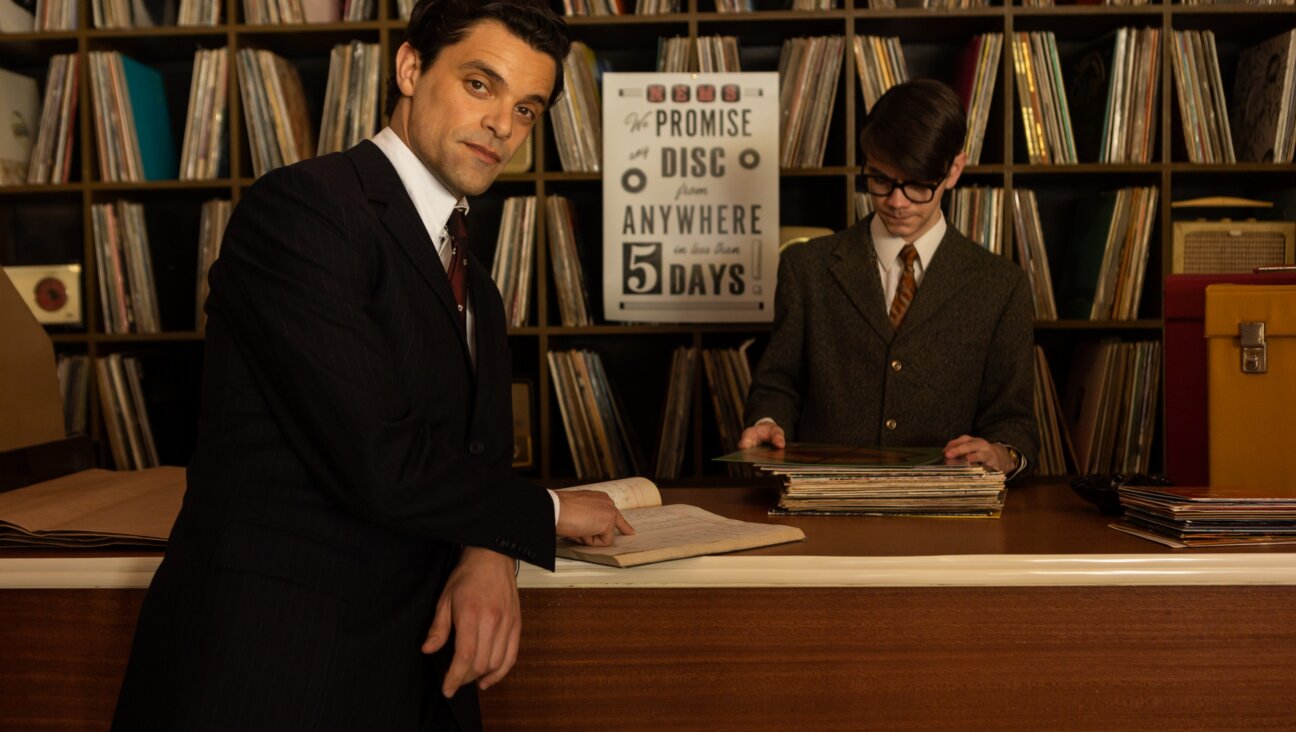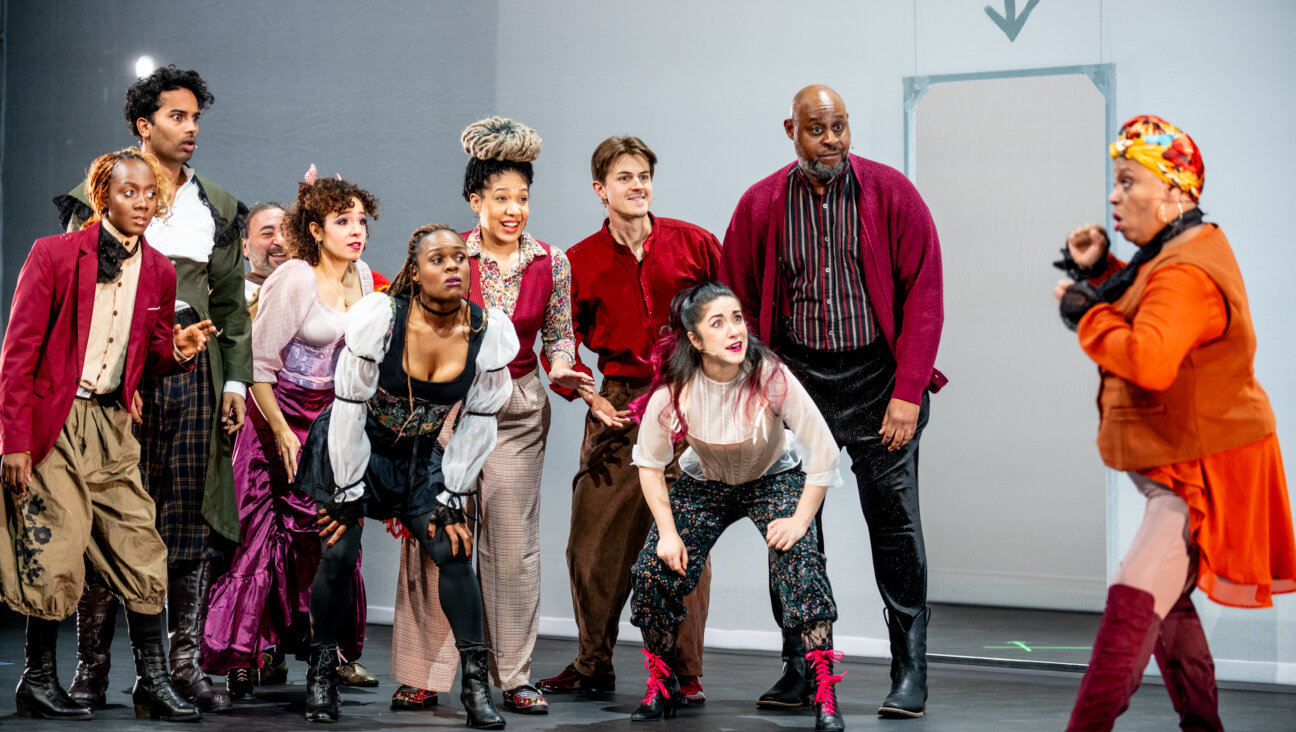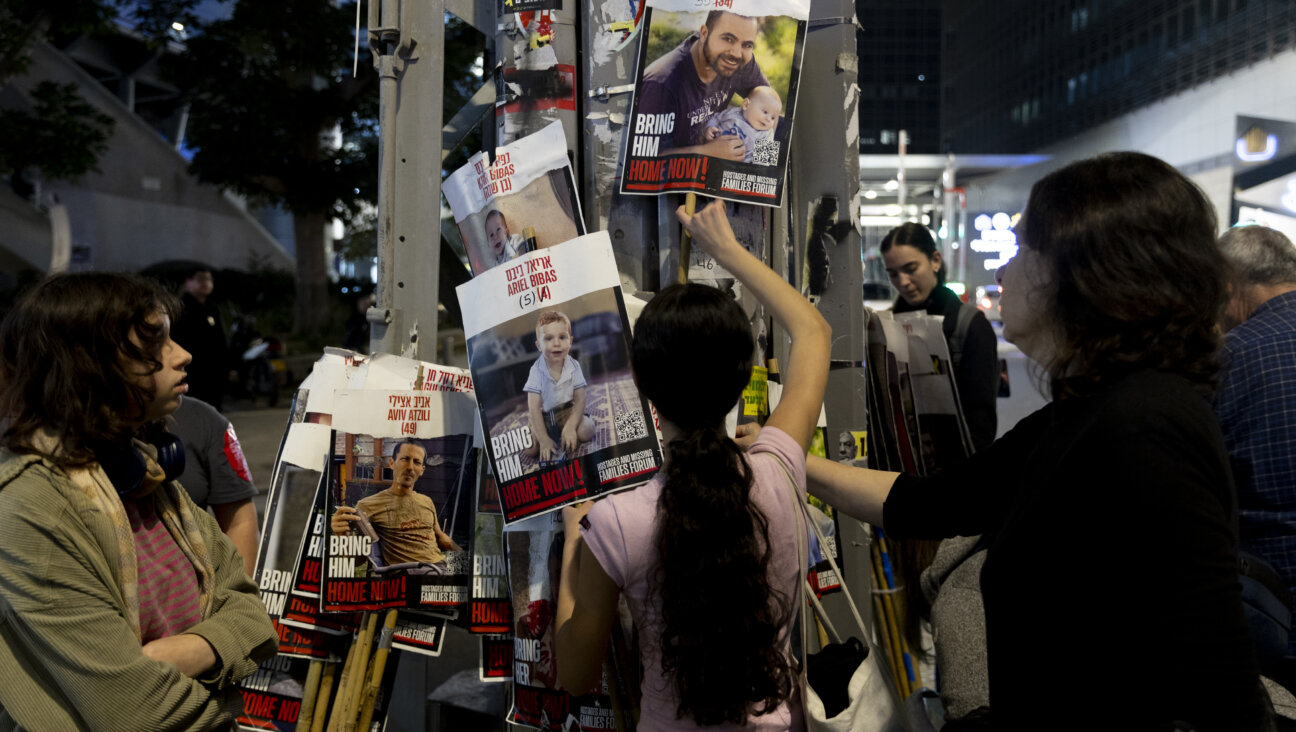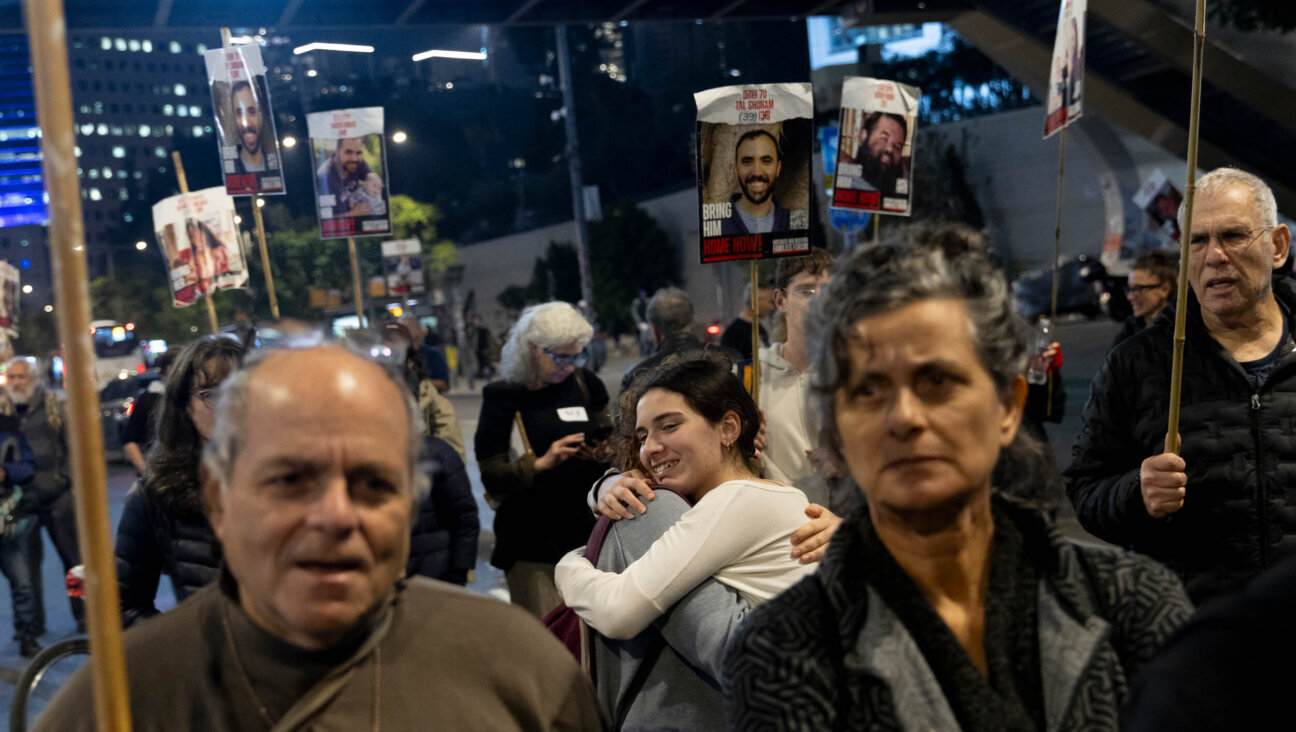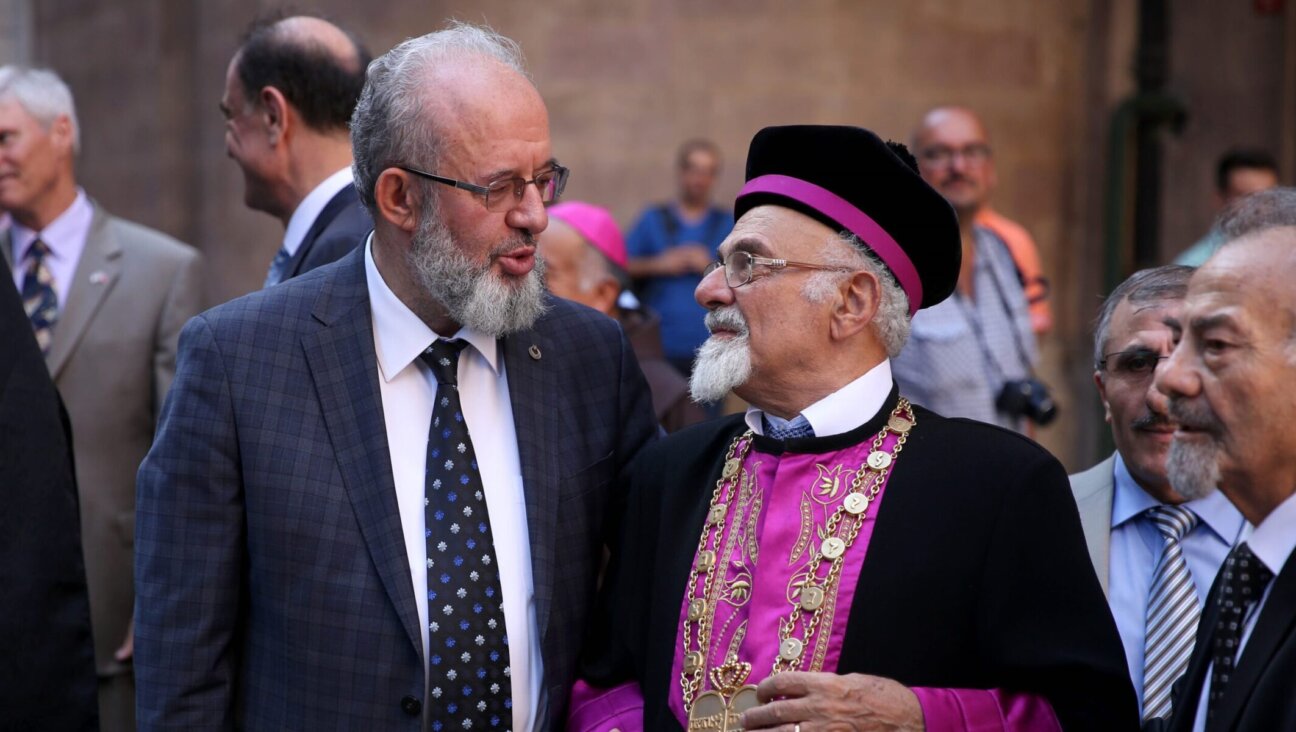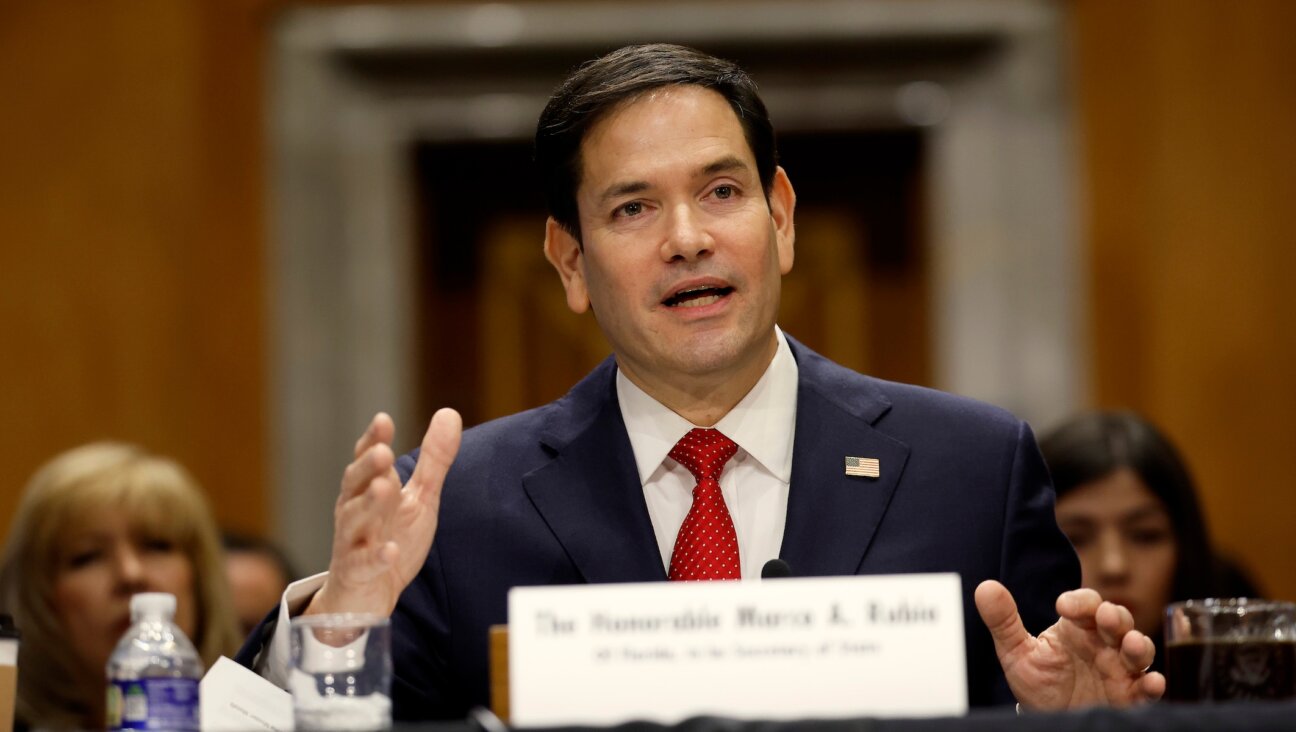Arabic Grows at Ivy League In Burst of Post-9/11 Interest
When Rachel Smith began taking Arabic at Princeton University two years ago, she had no choice about which class to take: Only one was offered. Today there are three sections.
Since the attacks of September 11, 2001, many more students at Ivy League colleges have begun studying Arabic. Like Smith, many of these students are Jewish.
Smith plans to go to graduate school in Near Eastern studies and afterward use her Arabic working at organizations promoting peace, or in the Foreign Service. Others see the language as a handy credential for intelligence work or business or plan to pursue advanced Middle Eastern studies.
There has never been a shortage of Jews who have studied the language, culture and history of Israel’s less-than-friendly neighbors. Thomas Friedman — the mandarin of The New York Times Op-Ed page whose column served as a conduit for a Saudi peace initiative last year — studied Arabic at Oxford. Bernard Lewis, an emeritus professor at Princeton, has long been one of the most prominent scholars of the Muslim world, and he has been particularly visible as a commentator since September 11.
Over the years, Lewis has ignited controversy with some of his more blunt criticisms of modern Arab society. Some, like Columbia University literature scholar Edward Said, have accused him of being an interloper, a Westerner who patronizingly claims to understand the Arabs. Others, however, see him as a great scholar who looks at the Middle East from a cool distance.
“Bernard Lewis left a legacy at Princeton, one that’s been called into question by people such as Edward Said,” Smith said. “The professors in the department seem to have a good relationship with Lewis, although my impression is that many of them have liberal views.”
That Lewis’s Jewish identity comes up as a topic of discussion at Princeton is no surprise. Of the four Near East studies majors in Princeton’s 2003 graduating class, three are Jewish.
“I think that one of the large problems with Said’s criticism is it’s biased and almost racist,” said Benjamin Lehrer, another graduating senior and a Near East studies major. “Lewis can point out [that] a lot of his mentors, protégés and [fellow] scholars were Arab Muslims and Arab Christians… It’s kind of easy to focus on someone’s identity [and say that] controls [the] whole way they look at the world. Well, people have a complex take on things.”
For most of these Near East studies majors, however, their interest in Arabic began with an interest in Hebrew and Israel.
“I’ve been passionate about Israel and Jewish history since I was 5 or 6,” Lehrer said.
Lehrer grew up in Los Angeles but spent many summers with his grandparents who live in Jerusalem. His grandparents would let him walk around the city alone when it would get too hot for them to accompany him. “I got to know Jerusalem before I got to know L.A. I’ve been reading The Jerusalem Report since I was 10 years old. Yitzhak Rabin was my hero.”
In his wanderings, Lehrer developed a love for both the Jewish and Arab neighborhoods of Jerusalem.
Smith also cites an early interest in Israel to explain her academic interests. “I grew up in an atmosphere that was always very engaged with Israel,” she said.
Smith attended Hebrew school, Hebrew high school and visited Israel numerous times with her synagogue and with the Nesiya youth program, and she went to the Alexander Muss High School in Israel. “It was a strongly Zionist program,” she said. “We traveled all over the country, learned Israeli history.”
Smith said that her interest in Arabic started on her Alexander Muss trip when she volunteered at an Israeli Bedouin town. “I was really bothered by the poverty,” she said. “The difference between the way this Bedouin village looked versus Jewish Israeli towns… there’s no comparison. One of the [Bedouin] girls invited me to go back to her house, but the counselor didn’t let us go.”
She is now fluent in Hebrew and proficient in Arabic.
Princeton is not the only place where study of the Middle East is on the rise. Harvard University, too, has seen a dramatic rise in the number of students studying Arabic and the Middle East. Dartmouth College always had a modest place for Arabic in its curriculum. The school offered a number of Middle Eastern history courses and retained one professor who taught Arabic. The number of students enrolling in Arabic, however, has more than doubled since the September 11 attacks, and the college is searching for a second Arabic professor. “For the first time, enrollment in Russian [language classes] dropped way, way off,” said Professor Gene Garthwaite, an expert in Persian history who teaches at Dartmouth. “It’s up in Chinese; Spanish is up there, but French, Japanese, German are way off. I think this is some indicator of where [students think] their future lies. Arabic is very difficult and [one makes] slow progress. One student who took Arabic… decided he’s going to do graduate work, but not with the idea of an academic career. He wants a business career. There’s more of that now, and that wasn’t on people’s horizons.”
Since the outbreak of the current intifada, there has also been a tremendous groundswell of interest in the Arab-Israeli conflict. Dartmouth has invited Israeli historian Benny Morris and Ha’aretz Palestinian affairs correspondent Danny Rubinstein to campus as visiting professors. Garthwaite teaches a senior seminar on the Arab-Israeli conflict that usually draws 12 to 15 students. Garthwaite has never taught the class with more than 17 students, but this year he accepted 20, and there was still a waiting list.
While some campuses, such as San Francisco State University and the University of California at Berkeley, are known for their ferociously anti-Israel atmosphere, in most Ivy League classrooms debate on Middle Eastern issues is much more polite and scholarly.
Discussion in class, Garthwaite said, is “not heated. There’s not agreement either and not uniformity of attitudes…. In some cases, students have their minds made up one way or the other, but in the [student newspaper] you see more heated exchanges.”
Asked about the political attitudes of the Near East studies students at Princeton, Smith said, “I guess it’s really mixed. There are some who are clearly liberal — like me. Then there are some who are much more right wing in terms of Israeli politics.”
Lehrer does not intend to make a career in politics, academia or business. “I certainly am not going to use [Arabic] for anything more than communicating when I’m traveling.” He plans on being either an architect or a filmmaker. His love of the Middle East is strictly personal. “I love the sense of history, the sense of attachment — a ton of stuff. I also think I would prefer that the Middle East hadn’t — what’s the word? — imposed itself on the rest of the world.”
A message from our Publisher & CEO Rachel Fishman Feddersen

I hope you appreciated this article. Before you go, I’d like to ask you to please support the Forward’s award-winning, nonprofit journalism so that we can be prepared for whatever news 2025 brings.
At a time when other newsrooms are closing or cutting back, the Forward has removed its paywall and invested additional resources to report on the ground from Israel and around the U.S. on the impact of the war, rising antisemitism and polarized discourse.
Readers like you make it all possible. Support our work by becoming a Forward Member and connect with our journalism and your community.
— Rachel Fishman Feddersen, Publisher and CEO







